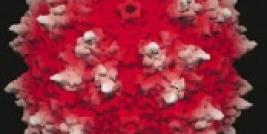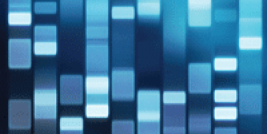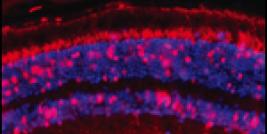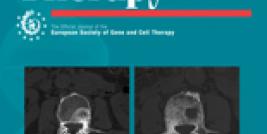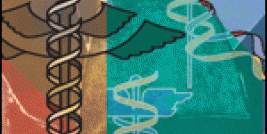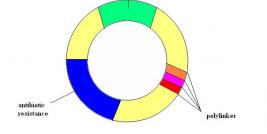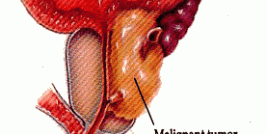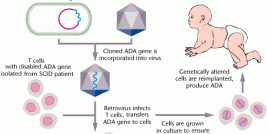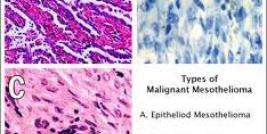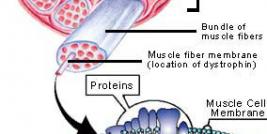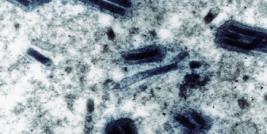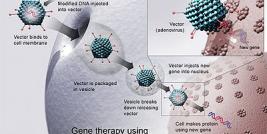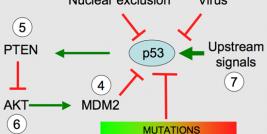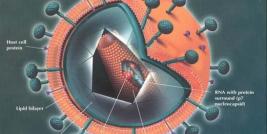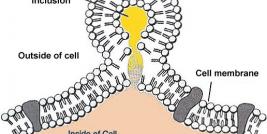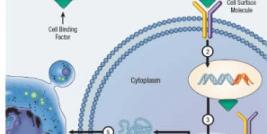New Rochelle, NY, March 8, 2013— Follow-up results from one of several groundbreaking gene therapy studies reported in 2008 in patients with an inherited form of retinal blindness confirmed the earlier positive results of substantial improvement in vision that has now persisted for more than 4 years. However, the new study* also showed that while gene therapy was able to improve patients' vision, it did not slow or stop the underlying disease process. The implications of these new findings for the future of this promising area of gene therapy are explored in an insightful Commentary in Human Gene Therapy, a peer-reviewed journal from Mary Ann Liebert, Inc., publishers (http://www.liebertpub.com). The Commentary is available on the Human Gene Therapy website (http://www.liebertpub.com/hum).
Connie Cepko and Luk Vandenberghe, Department of Ophthalmology, Harvard Medical School, Boston, MA, describe the promising follow-up study results recently reported by Cideciyan et al., and published in PNAS, as well as the "sobering data" that indicate continuing disease progression. The replacement gene delivered into the affected retina was able to supplement the dysfunctional photoreceptors in the patients' eyes, yet it did not affect the degenerative process destroying the photoreceptor cell layer.
In the Commentary "Retinal Gene Therapy Coming of Age," (http://online.liebertpub.com/doi/pdfplus/10.1089/hum.2013...) the authors discuss ways in which the therapeutic approach could be refined, combined with other forms of treatment, initiated earlier in the course of the disease, or otherwise improved to achieve a more complete therapeutic outcome.
“The paper published in PNAS and the associated commentary published in Human Gene Therapyprovided important context for the long-term follow-up of the pioneering gene therapy performed in patients with LCA2,” says James M. Wilson, MD, PhD, Editor-in-Chief, and Director of the Gene Therapy Program, Department of Pathology and Laboratory Medicine, University of Pennsylvania Perelman School of Medicine, Philadelphia. "What is surprising is that there appears to be some degeneration of photoreceptors despite the durable improvement in sight. What this means in terms of longer term efficacy is unclear. What is absolutely clear is that this patient cohort benefited from the gene therapy, and after many years they still benefit.”
*CIDECIYAN AV, JACOBSON SG, BELTRAN WA, SUMAROKA A, et al. (2013). Human retinal gene therapy for Leber congenital amaurosis shows advancing retinal degeneration despite enduring visual improvement. Proceedings of the National Academy of Sciences of the United States of America 110, E517-25.
About the Journal
Human Gene Therapy (http://www.liebertpub.com/hum), the Official Journal of the European Society of Gene and Cell Therapy, British Society for Gene and Cell Therapy, French Society of Cell and Gene Therapy, German Society of Gene Therapy, and five other gene therapy societies, is an authoritative peer-reviewed journal published monthly in print and online. Human Gene Therapy presents reports on the transfer and expression of genes in mammals, including humans. Related topics include improvements in vector development, delivery systems, and animal models, particularly in the areas of cancer, heart disease, viral disease, genetic disease, and neurological disease, as well as ethical, legal, and regulatory issues related to the gene transfer in humans. Its sister journal, Human Gene Therapy Methods, published bimonthly, focuses on the application of gene therapy to product testing and development, and Human Gene Therapy Clinical Development, launching in 2013, publishes data relevant to the regulatory review and commercial development of cell and gene therapy products. Tables of content and a free sample issue may be viewed on the Human Gene Therapy website (http://www.liebertpub.com/hum).
About the Publisher
Mary Ann Liebert, Inc., publishers (http://www.liebertpub.com) is a privately held, fully integrated media company known for establishing authoritative peer-reviewed journals in many promising areas of science and biomedical research, including Nucleic Acid Therapeutics, Tissue Engineering, Stem Cells and Development, and Cellular Reprogramming. Its biotechnology trade magazine, Genetic Engineering & Biotechnology News (GEN), was the first in its field and is today the industry’s most widely read publication worldwide. A complete list of the firm’s 70 journals, books, and newsmagazines is available on the Mary Ann Liebert, Inc., publishers website (http://www.liebertpub.com).

